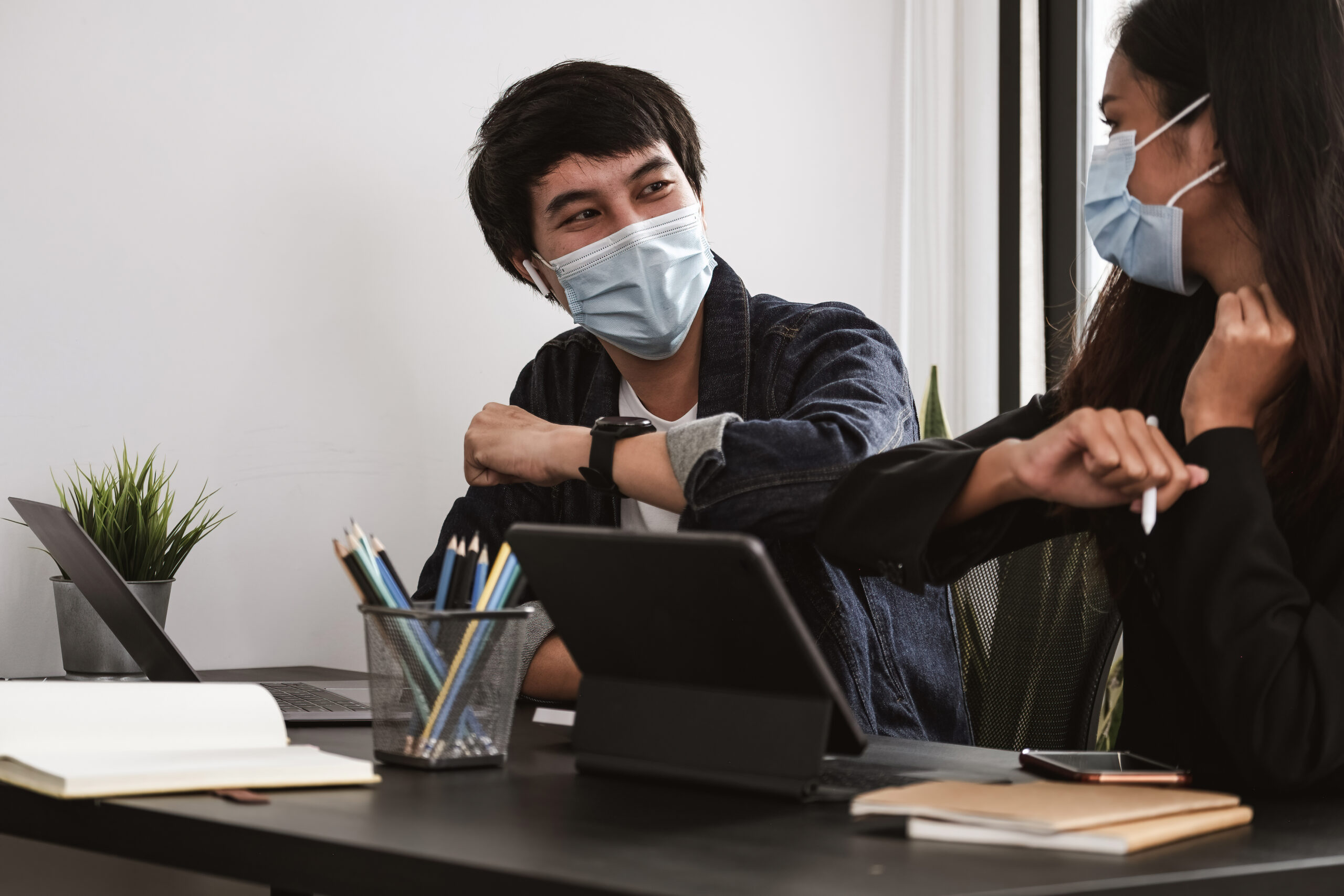
VDH COVID-19 Emergency Response
In August 2021, the Virginia Department of Health (VDH) expanded its COVID-19 response statewide to support local health departments (LHD), requesting that IPHI provide over 200 new case and contact investigators. LHD experienced a surge in levels of COVID-19 cases due to the delta variant.
This is a sunset initiative (no longer active).
The VDH admired IPHI’s success in supporting the Fairfax County Health Department’s (FCHD) COVID-19 response and recovery containment efforts over the preceding 15 months.
Within six weeks, IPHI recruited, hired, trained, and deployed nearly 200 COVID-19 case and contact investigators to support 21 health departments. This hiring surge was in addition to over 150 additional hires to bolster FCHD’s existing response and recovery efforts to the fall 2021 COVID-19 surge.
IPHI employed over 450 pandemic response workers to support local health departments with:
• case investigators
• contact interviewers
• community health workers (CHWs)
• epidemiologists
• call center staff
• environmental health specialists
• various management and administrative staff
IPHI created a customized Case and Contact Investigator training. The training focused on COVID-19 isolation and quarantine protocols, vaccine education, motivational interviewing, and role-playing.
The hands-on training worked to prepare and deploy staff as quickly as possible to assist with emergency response. Staff also participated in self-guided COVID-19 courses offered by Johns Hopkins University and received extensive training with experienced field regional trainers. After assisting with the pandemic response since June 2020, IPHI has expertise in supporting governmental disease investigation, containment, and systems for rapid workforce scale-up and deployment.
Many of the IPHI team members progressed to permanent public health workforce in various non-profits, government health agencies, and federal agencies. The goal of IPHI’s public/private pandemic response partnerships was to provide immediate and cost–effective workforce expansion for government public health response and to develop models for effective emergency response that can be replicated.
To learn more about IPHI’s capacity to assist the government with public health emergency response, please contact Senior Director Carolyn Padovano at cpadovano@institutephi.org or Senior Program Manager Eleanor Brtva at ebrtva@institutephi.org.

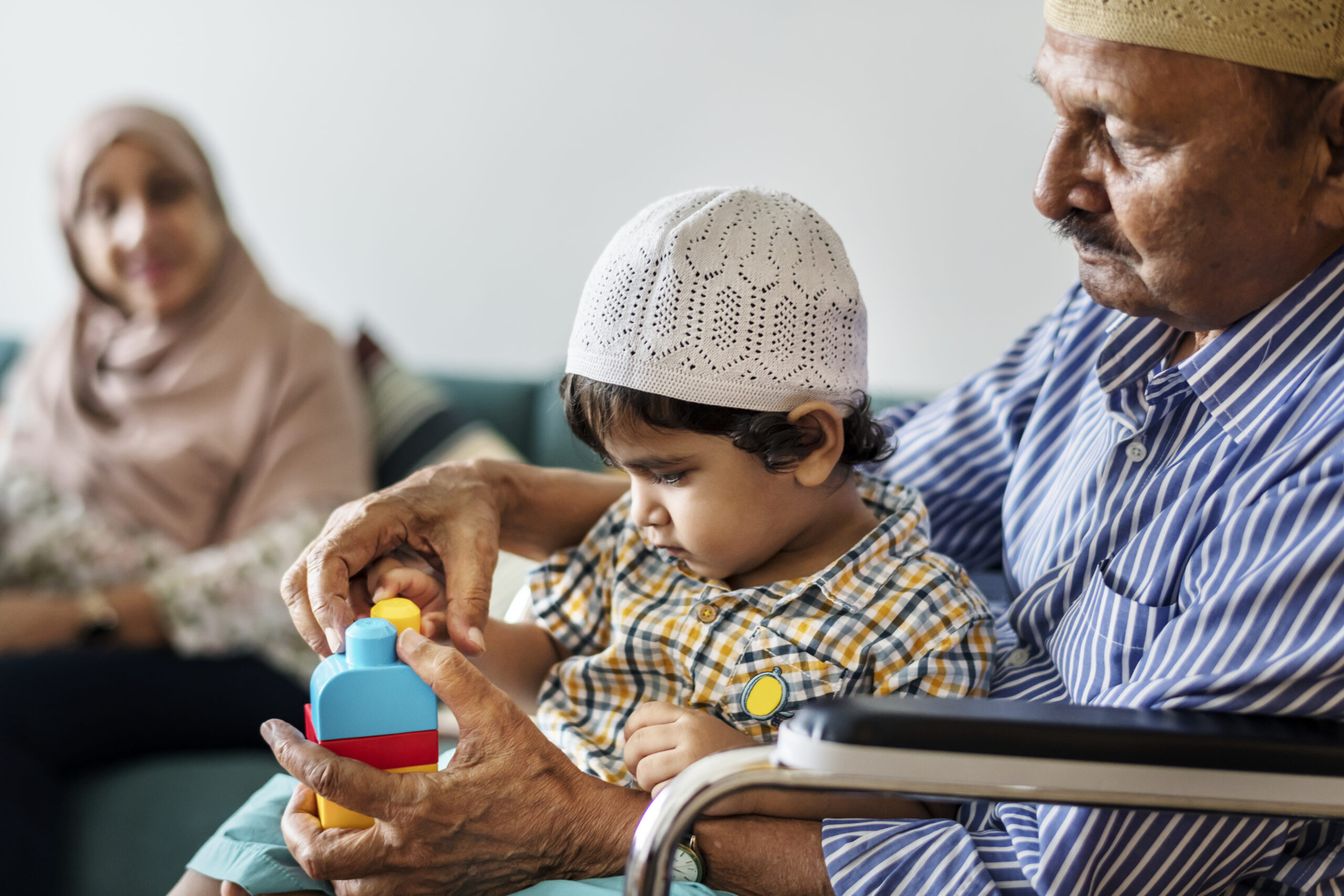
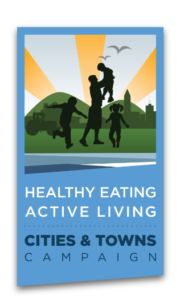


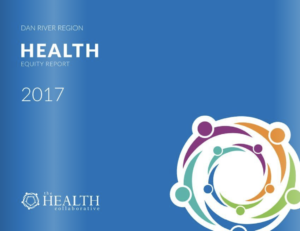
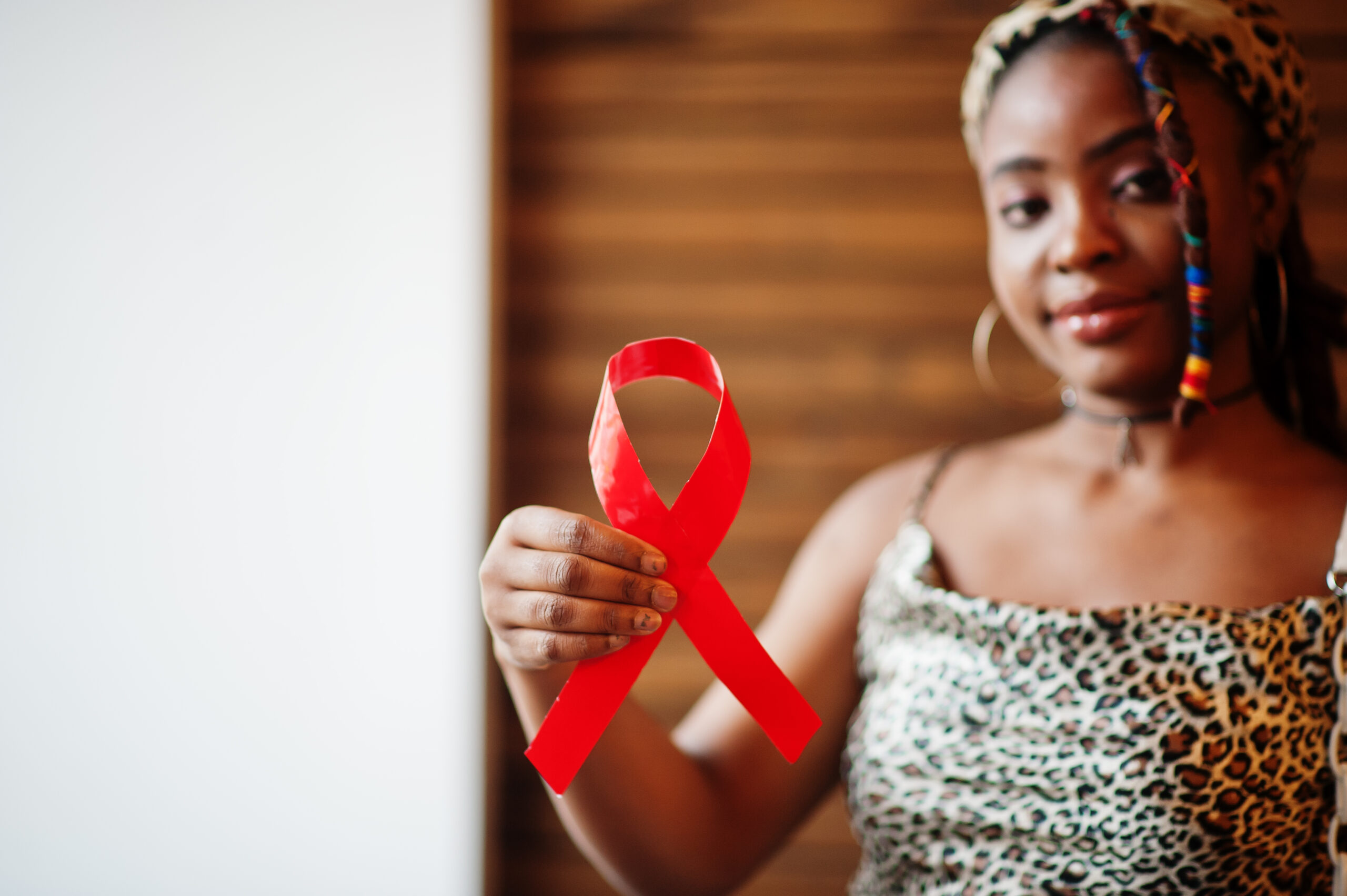
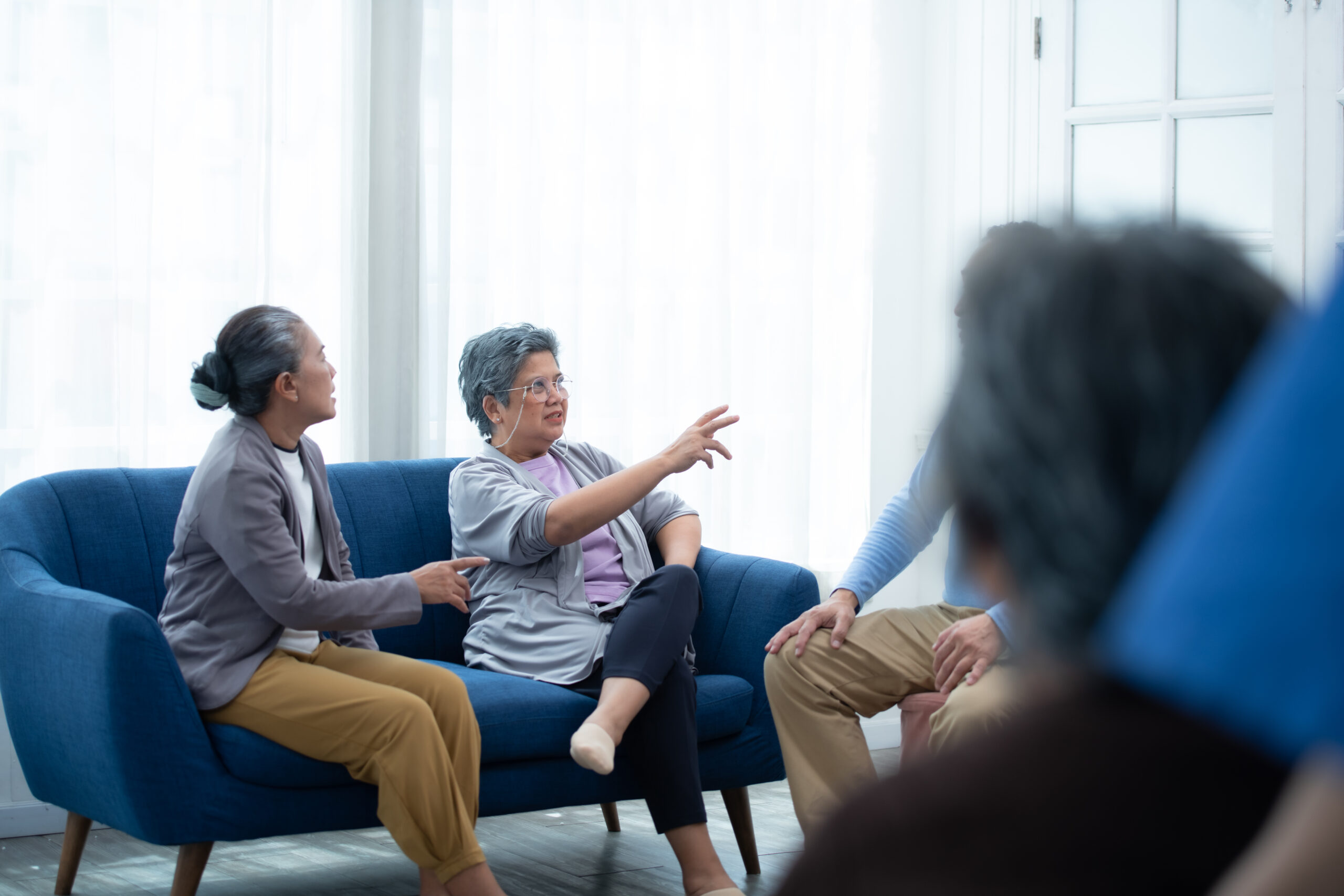

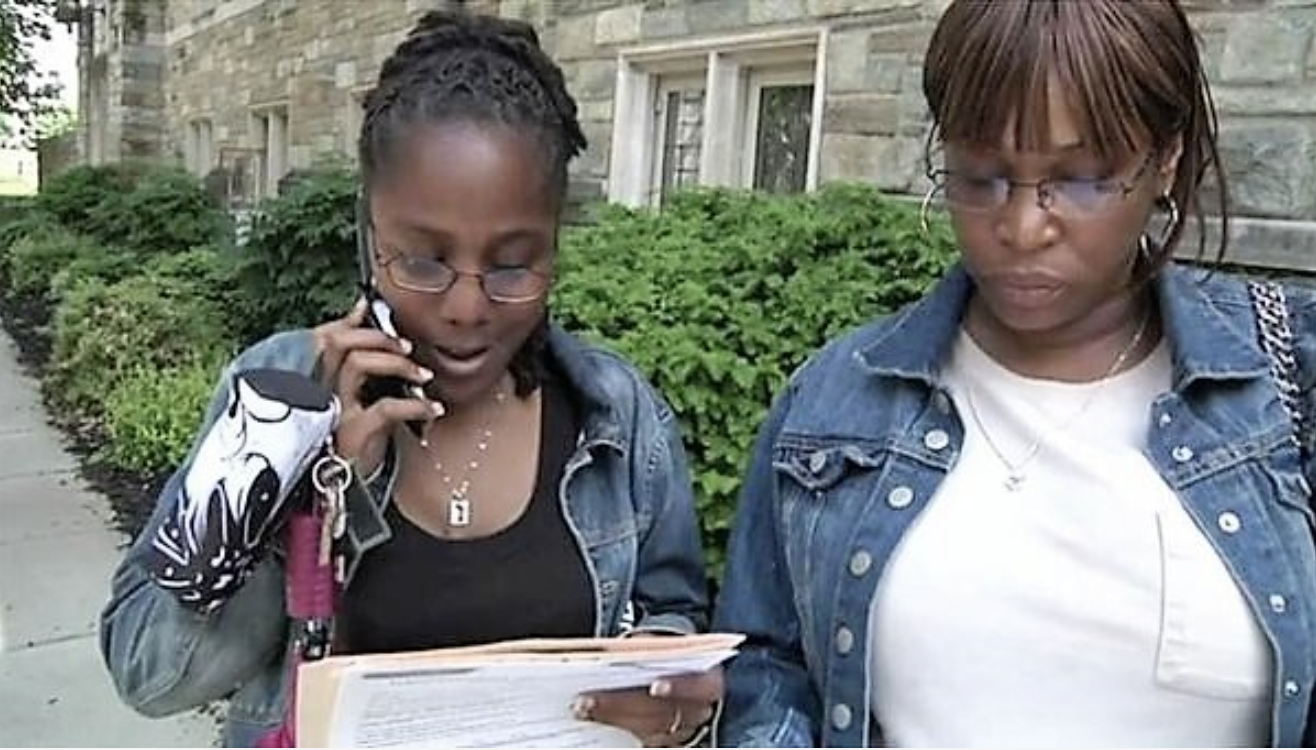
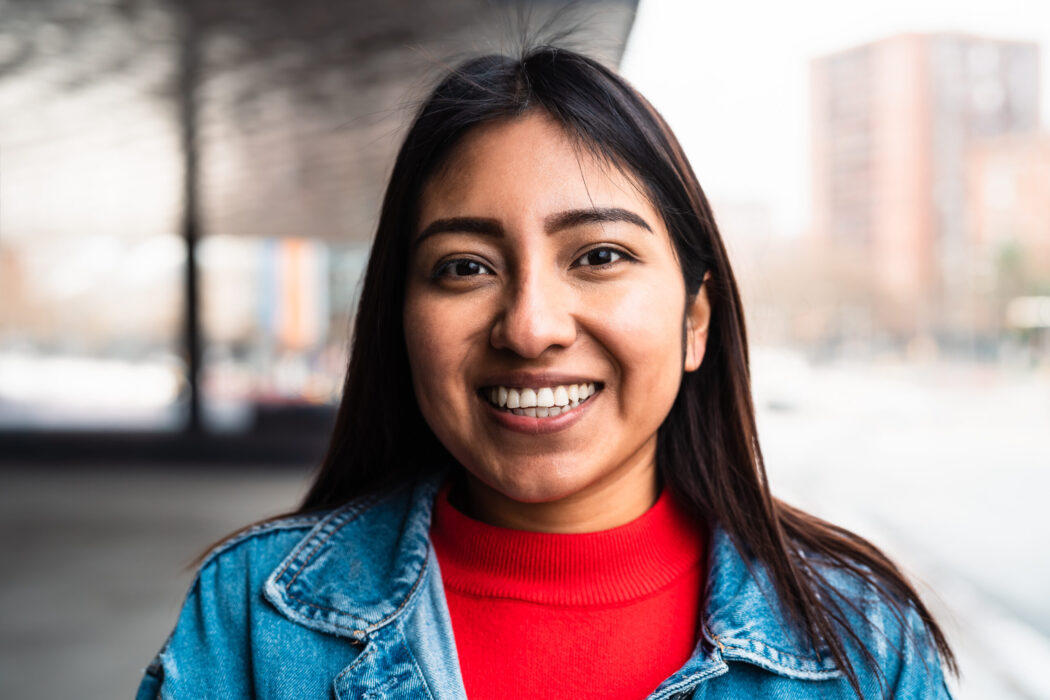
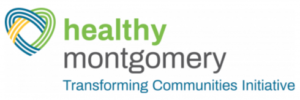 Healthy Montgomery TCI was coordinated by the Institute for Public Health Innovation in partnership with Holy Cross Health, the Montgomery County Department of Health and Human Services, Montgomery County Public Schools, the Montgomery County Department of Transportation, Primary Care Coalition, Montgomery County Food Council, and numerous other community partners.
Healthy Montgomery TCI was coordinated by the Institute for Public Health Innovation in partnership with Holy Cross Health, the Montgomery County Department of Health and Human Services, Montgomery County Public Schools, the Montgomery County Department of Transportation, Primary Care Coalition, Montgomery County Food Council, and numerous other community partners.